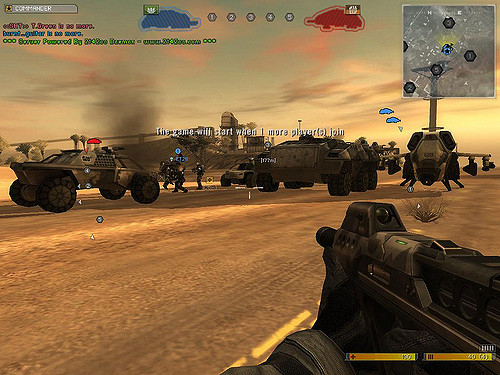Kay writes:
We would like a set time vs. a completed game limit. The games on STEAM ban players who end games early [so] players need to have other players ‘kick’ them to [leave a game] early. How can I enforce time limits with these sorts of games? The games ‘ban’ players for 1-7 days depend[ing] on how often they quit early. This is given as an excuse to keep playing [when the set gameplay time is up]. Total gameplay can be from 15 minutes to hours for a single game. If not checked, my sons will remain on the game for hours. Also, is there a good way to block YouTube?
Unfortunately, there is some logic to what your sons are telling you. It may not seem like video gaming should be such a serious business, but it is. You’re describing a situation that’s a lot like being engaged in a five-on-five basketball game with some friends when one of them quits in the middle of the game. To you and your fellow players, it really doesn’t matter if your teammate leaves because they’re getting fouled too much, they’re a sore loser, or their mother is courtside telling them it’s time to go home. The only thing that matters is that one team is down a player and the game is ruined.
So, what is a parent to do? One simple suggestion is to tell your kids that they are allowed to play these games but only on weekends or vacations. Alternatively, you could designate one day per week — a day that is generally not filled with homework or extracurricular activities — when your kids are allowed to play for a longer period of time. A second option is to work with your child so that they will select games that have some general time limits for gameplay. The kids will know more about this than you, so work together to make sure you understand the game’s online multiplayer functions. Let your children know you are trusting them to find some games that don’t run over 90 minutes.
A third option, one that will be more difficult to enforce, is to simply refuse to let your kids play the games that run for excessive amounts of time or that penalize them for leaving early. This option may make you feel better about the amount of gaming your children are able to do, but it doesn’t really leave room for necessary discussions with them about screen time limits and balancing gameplay with other activities.
In many ways, I view this kind of situation as an opportunity rather than a problem. It’s a chance for parents to start to work with their kids to find a balance between time spent video gaming and time spent away from the screen and engaged with other activities. I frequently talk about developing a healthy Play Diet that makes room for digital play but which also emphasizes physical, social, creative, and unstructured play. Starting and maintaining a discussion about balance and priorities, and modeling your own healthy Play Diet, can make this process much easier.
Now, let’s talk about your YouTube question. Much of what I’ve already said about keeping an open dialogue regarding responsible tech use and screen time limits applies here, too. There are ways to control and monitor your children’s access to YouTube and its companion app, but these methods work best when you approach the issue respectfully. If their main point of access is a desktop computer, a browser add-on like LeechBlock for Firefox or StayFocusd for Chrome can completely block access to certain sites or only allow access at certain times of the day and week. Screen Time is a subscription-based app that can be installed on any device, and can block, limit, and monitor kids’ use of the Web as well as mobile apps. Because these methods aren’t foolproof, it’s really important to talk to your child about trust and give them a bit of a say in when and how they are allowed to use technology.
For more about the Screen Time app, see “Stop Arguing About Screen Time.”
For more on respectful limit-setting, see “Should You Hack Your Family to Get Them to the Dinner Table?” and “Three Family Resolutions That Are Totally Realistic.”
Have a question about parenting in the digital age? Ask Dr. Kulman here in the comments or come talk to us on Facebook!
Featured image: Flickr user Justin




